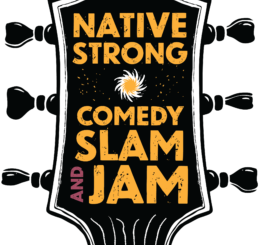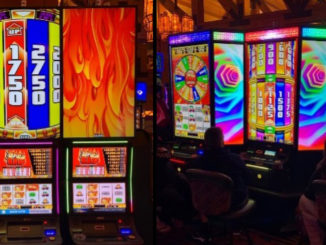As a researcher, I love surveys. As a consumer, I’m getting tired of being asked, “Will you take a few minutes to tell us how your AT&T technician did today?” or “On a scale of one to ten, how likely are you to recommend ABC Plumbing?” I can’t even go to Lowe’s or Dollar General without the cashier handing me a receipt and circling the information at the bottom that directs me to a survey.
All of these surveys have created a phenomenon known as “survey fatigue.” Survey fatigue is what happens when your audience becomes bored or uninterested in your surveys, and it happens in two ways:
- Before taking the survey– Overwhelmed by the sheer volume of requests for feedback, guests decide not to even begin your survey. The result is a drop in response rates as fewer guests decide to give you feedback.
- During the survey– This happens after someone has started the survey and the fatigue is usually caused by poor survey design, such as including too many questions, poor question design, lack of organization or questions that aren’t relevant to that person. As a result, respondents can drop out midway through or lose interest and rush to complete it, which results in inaccurate data.
The problem is that online survey software has made it so easy to get data! So, let’s do more surveys and get more good data and then do even more surveys to drill down into the data from the last survey, and on and on it goes.
Survey Fatigue Repercussions
Not getting enough people to complete your survey so that you get a good sample may be the least of your problems with survey fatigue. Here are a couple other ways that it can hurt your property:
- Negative Brand Perceptions –Despite the growing ease of collection and need for research data, irritating your guests by bombarding them with surveys can damage your brand.
- Serious Survey Bias –Survey fatigue won’t affect some people who may have plenty of leisure time to complete every survey they receive. However, it can lead to a form of survey bias known as non-response bias. Since those who don’t respond have a possibly different viewpoint, the survey data may not be truly representative of your guest base.
I’m the last person in the world who would ever say to stop doing surveys, but I will give you some tips on how you should be conducting your research efforts to avoid survey fatigue.
- Frequency:
Don’t keep sending surveys to the same people, because you’ll wear out your welcome. A casino marketer was telling me recently that he sends a comprehensive satisfaction survey to the entire database every month. He gets thousands of responses so he must be doing something right, he reasons. Nope. Just the opposite, in fact. You don’t need 5,000 completed surveys to get high reliability. A rule of thumb is that you’ll get 95 percent reliability (the research standard) with about 400 completed surveys. Anything more than that is excessive, unless you’ll be doing crosstabbing to identify differences by tier, gender, etc. Plan the frequency of your surveys by targeting and segmenting your database, and don’t keep sending them to the same people. - Length:
Take the survey yourself and have some co-workers take it so that you can determine how long it will take your guests to complete the survey. Then be open and honest in your survey invitation about the time that will be required. If the survey is going to take an average of 10 minutes, let the person know in advance what you’re asking of them. Also, use a progress bar so the respondent can monitor how close they are to finishing. There’s no hard-and-fast rule for how long surveys should be, but long surveys require more effort, so save those lengthy surveys for something really important. In between, use short pulse surveys with a specific topic and focus. - Question Design
Make the questions as easy as possible for respondents to answer.- Be consistent with scales. If you’re asking a five-point scale from “Extremely dissatisfied” to “Extremely satisfied,” then keep that format. Don’t flip the scale midway so that it starts with “Extremely satisfied” to “Extremely dissatisfied.” You’re making the respondent have to work harder to figure out the question.
- Don’t ask two things in one question. “How would you rate the price and service at our hotel?” The respondent may think that the price was great, but the service was terrible, so there’s no good answer to that question.
- Use branching logic. For example, if you’re asking about club card usage and you want to know why people don’t use their card when playing, use branch logic so that people who say they “always” use their card don’t get asked, “why don’t you use your card more often when playing?” Survey software can redirect respondents to different questions based on their answers, so use it as needed.
- Offer Incentives:
Some casinos routinely deploy guest surveys and don’t offer an incentive, such as a random drawing for five $100 free play prizes drawn from a pool of everyone who completes the survey. This is pretty one-sided. We’re asking the guest to make an extra effort to give us data, but we won’t pony up $500? With a fixed incentive, you know how much it will cost, so build it into your research budget.
If you enjoyed this article, please take a minute to complete a brief survey telling us how you feel about surveys. Just kidding.





